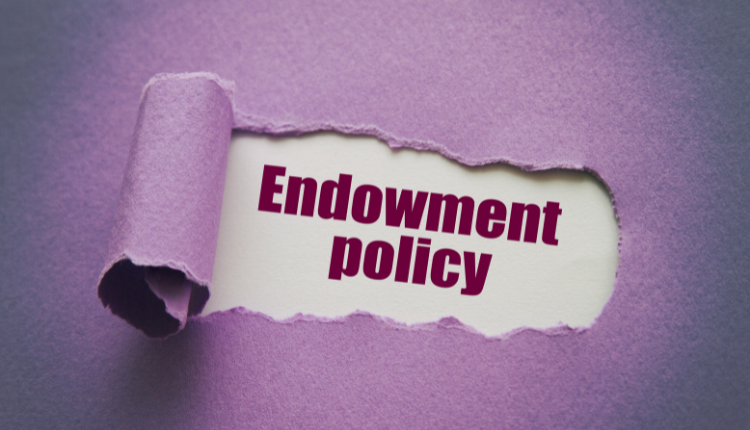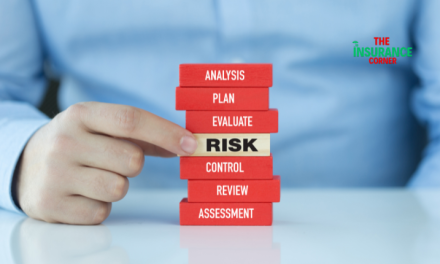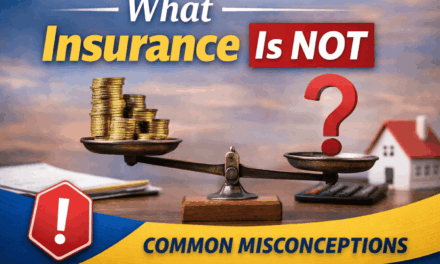
What is Fire Insurance?

What is fire insurance? You might have heard of it, but do you know what it really means? Fire insurance is a type of property insurance that protects you from financial loss due to fire damage. In this article, we’ll break down what fire insurance is, how it works, and why you might need it. Let’s dive in!
Table of Contents
- Understanding Fire Insurance
- How Does Fire Insurance Work?
- What Does Fire Insurance Cover?
- What Isn't Covered?
- Why Do You Need Fire Insurance?
- How to Choose the Right Fire Insurance Policy
- Tips for Lowering Your Fire Insurance Premiums
- Conclusion

Understanding Fire Insurance
Fire insurance covers your home or business against fire-related damages. This can include damage to the building itself, your personal belongings, and any other structures on your property. When you purchase fire insurance, you are essentially transferring the risk of fire damage from yourself to the insurance company. If a fire occurs, the insurer will compensate you for the losses as per the policy terms.
How Does Fire Insurance Work?
When you buy a fire insurance policy, you pay a premium, which is usually an annual fee. In return, the insurance company agrees to cover any fire-related losses you might suffer. Here’s how it typically works:
- Assessment: The insurance company assesses your property to determine the level of risk and the amount of coverage needed.
- Premium Payment: You pay the premium to keep the policy active.
- Claim Filing: If a fire occurs, you file a claim with your insurer.
- Investigation: The insurer investigates the claim to determine the cause and extent of the damage.
- Compensation: Once the investigation is complete, the insurer compensates you for your losses based on the policy terms.
What Does Fire Insurance Cover?
Fire insurance typically covers:
- Structural Damage: This includes damage to the building itself, whether it’s your home or business.
- Personal Property: Items inside the building, such as furniture, electronics, and clothing.
- Additional Structures: Other structures on your property, like garages or sheds.
- Temporary Living Expenses: Costs incurred if you need to live elsewhere while your home is being repaired.
What Isn’t Covered?
Not all fire-related losses are covered by fire insurance. Some common exclusions include:
- Intentional Acts: If you deliberately sets the fire, the insurance won’t cover it.
- War and Nuclear Hazards: Damage caused by war or nuclear incidents is generally excluded.
- Neglect: Failure to maintain your property in good condition can void your coverage.
Why Do You Need Fire Insurance?
Fire insurance provides peace of mind. Fire can happen unexpectedly and cause significant damage, resulting in costly repairs. Having fire insurance ensures that you won’t be financially devastated if a fire occurs. Plus, many mortgage lenders require homeowners to have fire insurance as part of their home insurance policies.
How to Choose the Right Fire Insurance Policy
Choosing the right fire insurance policy involves several steps:
- Evaluate Your Needs: Consider the value of your property and belongings. How much coverage do you need to replace everything?
- Compare Policies: Look at different policies from various insurers. Pay attention to coverage limits, exclusions, and premiums.
- Check the Insurer’s Reputation: Research the insurer’s financial stability and customer service record.
- Read the Fine Print: Make sure you understand the policy details, including any exclusions and conditions.
Tips for Lowering Your Fire Insurance Premiums
You can take steps to lower your fire insurance premiums:
- Install Fire Safety Devices: Smoke detectors, fire alarms, and sprinkler systems can reduce your premiums.
- Maintain Your Property: Regular maintenance and repairs can lower the risk of fire.
- Bundle Policies: Combining your fire insurance with other types of insurance, like auto or life insurance, can lead to discounts.
- Increase Your Deductible: A higher deductible means you’ll pay more out-of-pocket in the event of a claim, but it can lower your premiums.
Conclusion
Fire insurance is a crucial part of protecting your home or business. It provides financial security in the event of a fire, helping you recover without significant financial strain. By understanding what fire insurance covers, how it works, and how to choose the right policy, you can ensure that you’re adequately protected. Remember to regularly review your policy and make adjustments as needed. Stay safe and insured!



















